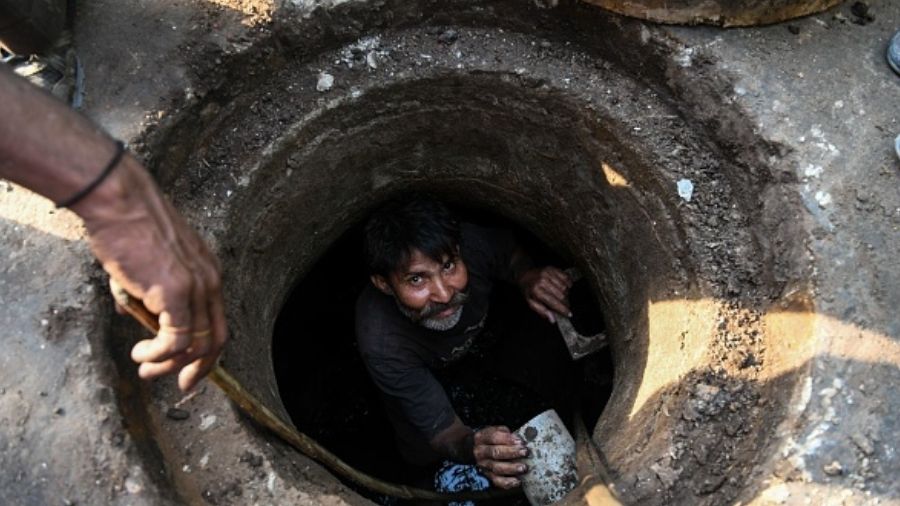If laws fail to improve the lives of those whose very rights they are designed to safeguard, the need for an alternative course of action becomes clear. An Act of Parliament outlawed manual scavenging in 1993. But in April 2022, the government admitted that 971 sanitation workers had been killed while cleaning sewers and septic tanks since 1993. Now, a recent study conducted by the Social Awareness Society for Youth, on the efficacy of The Prohibition of Employment as Manual Scavengers and Rehabilitation Act of 2013 in Tamil Nadu, has revealed that despite recognising the dehumanising nature of their occupation and understanding how their caste status further coerces them into such jobs, manual scavengers continue to undertake such hazardous work due to the absence of other means of livelihood or supplementary income. The findings may have a pan-India significance since deaths among manual scavengers have continued. In response to a question in the Lok Sabha in August 2022, the minister of state for social justice and empowerment, Ramdas Athawale, stated that 330 deaths had occurred between 2017 and 2021 “due to accidents while undertaking hazardous cleaning of sewer and septic tanks”, quite forgetting that he had denied, during the same session, the existence of the profession itself. Apparently, the Centre’s Swachh Bharat Mission has terminated manual scavenging by building toilets in rural areas. That the government is being economical with the truth is borne out by discrepancies in data. In 2018, a survey conducted by the Centre across 17 states had identified 58,098 manual scavengers; but a survey conducted by the National Safai Karamcharis Finance and Development Corporation in just 14 states revealed a higher figure of 87,913 the same year.
Manual scavenging is a manifestation of structural impediments such as poverty and caste discrimination. Interventions, therefore, need to be holistic and operate on multiple fronts. For instance, provision of alternative livelihoods for manual scavengers and incentives for educating their families must be accompanied by efforts to root out legal ambiguities in identifying members of the constituency. A sustained push towards the mechanisation of sewage treatment — developing robots to clean sewers is an option — along with continuous attempts at alleviating poverty and battling casteism are the other prerequisites. Tokenism, such as the prime minister washing the feet of manual scavengers, would not wash away the government’s apathy.











